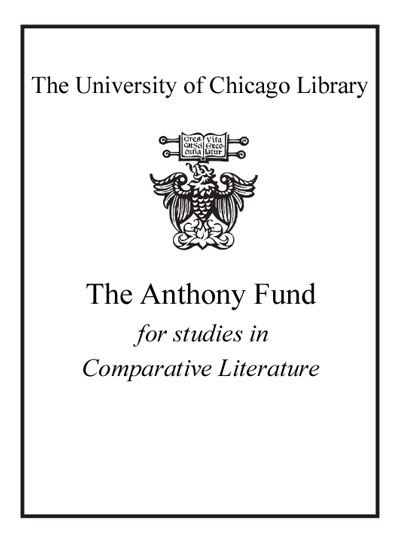Review by Choice Review
It is a shame that books take a long time to produce. Although at this writing COVID remains a threat, its ravages are fading in the collective memory, so this collection of essays on Camus's philosophical novel The Plague may get less attention than it deserves. Though not every essay concerns the pandemic--the collection includes essays addressing solidarity in suffering, the political consequences of plague, the role of women and minorities in Camus's book, and so on--it is easy see how the recent plague years influenced the essays in the volume. The Plague has hitherto been widely seen as a veiled allegory for totalitarian regimes--Nazism and collaborationist France in particular--not as a book about disease. Camus himself is responsible for suggesting this reading. Many essays in the book take the plague literally, as a disease, or at least as serving as an illuminative allegory for the COVID experience. Some comparisons are a bit overwrought--e.g., Dr. Fauci as a living breathing Dr. Rieux--but others are quite on point and worth considering. Summing Up: Recommended. Upper-division undergraduates through faculty. --Brian T. Harding, Texas Woman's University
Copyright American Library Association, used with permission.
Review by Choice Review

